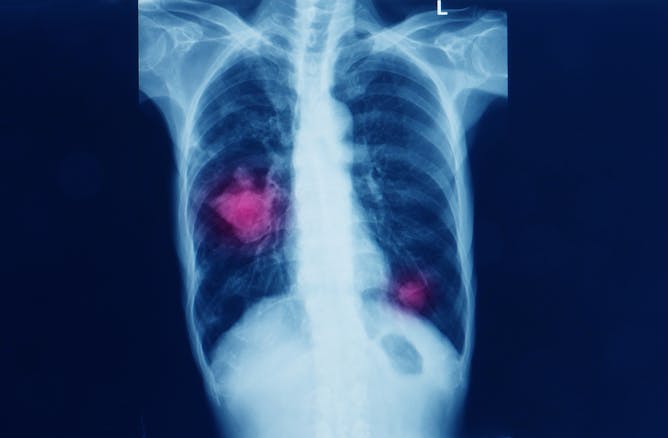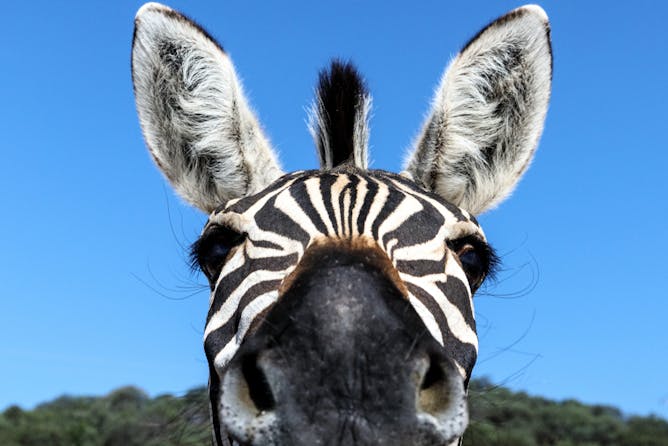|
|
|
Editor's note
|
|
A lively and complex debate over whether obesity is a disease or instead a risk factor for conditions such as type 2 diabetes and heart disease has been rumbling on. The argument – which doesn’t look to be resolved anytime soon – has implications for those seeking to solve the very real health implications of obesity on individuals and society, and for those seeking to tackle fat shaming and stigma.
So who decides what is a disease anyway? Infections are easier to call – who could deny that malaria is a disease – but non-communicable diseases are a different matter entirely. Osteoporosis used to be seen as a product of old age, now it’s considered a disease. Sometimes risk factors, such as high blood pressure, become diseases in their own right. And definitions can vary too. High blood pressure used to be anything over 140/90 but in
2017 the US changed its threshold to 120/80, meaning more people were suddenly more likely to suffer from it. Changing definitions have also brought the actions of pharmaceutical companies into question, by those who say we are over-medicalised, and shone a light on society itself – where perceived “sins” of the past were wrongly
classified as mental health disorders.
Red meat is not only bad for the environment, it is also bad for our health. A new study sheds some light on why that may be. About 3m years ago, our ancestors gained a genetic mutation that inactivated a gene called CMAH. Chimps and other animals don’t have this mutated gene, so they can eat fatty foods and laze about with far fewer ill effects. There are numerous evolutionary quirks found in the animal kingdom that protect against common
diseases. And by studying some of these, like cancer-free naked mole rats and diabetes-free blind cavefish, we might learn how to prevent them in humans. That’s if we can ever get round to agreeing what a disease is.
Also this week we followed one climate change researcher’s quest to avoid flying from Southampton to Shanghai (two weeks by train), read what the law of the sea had to say about Iran and detaining
foreign ships in transit, and how autistic people use psychological strategies to hide from society. And you may not have heard about the asteroid that buzzed past the Earth, and which we barely noticed in time.
|
Clint Witchalls
Health + Medicine Editor
|

|
|
|
|

Not all disease is easy to spot.
Yok_onepiece/Shutterstock
Duane Mellor, Aston University; Shahid Merali, Aston University
It seems like an easy question, until you take a closer look. Then things get messy.
|

No worries.
Fdzoru/Shutterstock
Adam Taylor, Lancaster University
Evolutionary quirks found in the animal kingdom protect against common diseases.
|

Zhu Difeng/Shutterstock
Roger Tyers, University of Southampton
How far would you go to limit your carbon footprint?
|

Seized: the Stena Impero in the Iranian port of Bandar Abbas.
Hasan Shirvania/EPA
Andrew Serdy, University of Southampton
An international maritime lawyer explains whether Iran broke the law of the sea by detaining the Stena Impero.
|

shutterstock.
Shutterstock/Rawpixel
Lucy Anne Livingston, King's College London; Francesca Happé, King's College London; Punit Shah, University of Bath
What adults with autism told us about their everyday experiences.
|

Near-Earth asteroids such as Bennu, and 2019 OK which passed close to Earth this week, pose a potential threat to our planet.
NASA
Michael J. I. Brown, Monash University
A 100-metre-wide asteroid passed just 70,000km from Earth on Thursday, and we had little warning it was about to happen. What threat is posed by asteroids and how do we find them?
|
|
|
-
Craig Berry, Manchester Metropolitan University
What is Boris Johnson's Brexit plan?
-
Michelle Bentley, Royal Holloway
The Pentagon has been instructed by the House of Representatives to investigate whether ticks were infected with Lyme disease by the US military.
-
Milena Belloni, University of Trento
The flow of unaccompanied minors from Eritrea has become the subject of international concern.
-
Jennifer Walsh, National Oceanic and Atmospheric Administration
Sending autonomous vehicles to the Southern Ocean can be fraught with anxiety, especially if one of them doesn't make radio contact when it's supposed to.
|
|
| |
| |
| |
| |

|
| |
| |
| |
Featured events
|

|
King's Manor, York, York, YO1 7EP, United Kingdom of Great Britain and Northern Ireland — University of York
|

|
Meadow Suite, Park House, University of Reading Whiteknights Campus,, Reading, Reading, RG6 6UA, United Kingdom of Great Britain and Northern Ireland — University of Reading
|

|
University of Essex, Wivenhoe Park, Colchester, Essex, CO4 3SQ, United Kingdom of Great Britain and Northern Ireland — University of Essex
|
|
|
|
| |
| |
| |
| |
| |
|
|
|
|
|
|
|